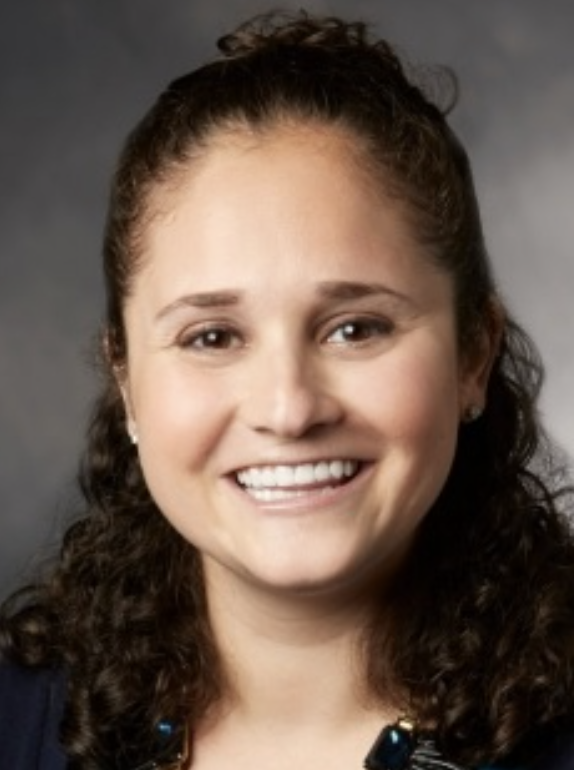By Jessica Gold, MD MS
When someone first suggested I break away from my private twitter and make a professional account, my thoughts went something like this:
But, I am already doing things that are outside traditional academia, do I want to make that WORSE?
But, I want to follow celebrities and E! News!
But, I am a psychiatry trainee, do I need my patients to know THAT much about me?
But, self-promotion makes me squirm, and makes me look arrogant!
But, “Dr. Jessi†is boring…who would want to follow her?
As my thoughts spiraled and I thought of the many reasons not to start an account, I kept coming back to the idea that to really be a doctor/writer, people needed to want to read what I wrote. If no one saw it, was I actually helping anyone? To change the mental health narrative, I had to be a human with a presence in the world. Ironically, in today’s day and age, that presence is a digital one.
And so, @drjessigold was born.
It was not love at first tweet. For a very long time (years?), I was horrible at it. I was so concerned with keeping my “personal†and “professional†selves separated, even keeping both of my twitter accounts for that reason, that I barely included myself at all in my professional tweets. I would just send out a link to one of my articles: no caption, no explanation, no…me.
But then, like any good medical trainee, I started to watch the experts. These experts, some of whom I am now lucky to call mentors and friends, were good at Twitter because they were themselves, not because they hid it.
Let’s take the fantastic Esther Choo (@choo_ek) as an example. I was first connected to Esther because I was curating this collection of essays written by women in medicine about their experiences with harassment and inequity for the Huffington Post. We’d never met, but I was lucky to have her write one of the pieces. This was right before that viral tweet in August 2017 that launched Esther’s twitter into the #medtwitter stratosphere, and I was there at the right time to watch, learn, and bear witness.
With her feed, she educated me on intersectionality and gender equity as it intersected with healthcare, politics, and day-to-day life. She also followed, amplified, and replied to me. Not only did I learn so much from just watching her, her “validation†of me helped others “see†me and grew my network and my voice. I learned not to hide myself, especially my feminism, but instead to embrace it.
I also recognized the real power of social media: connection, community, and advocacy. I have been able to use my voice for mental health and trauma survivors. I have been able to learn coping tips, share and laugh at old college pictures with colleagues, and even get feedback from my followers. Without twitter, I would never have written my piece in TIME with @meganranney, whom I have never met in person. Yes, seriously. There would be no Dr. Jen Gunter (@DrJenGunter) teaching me how to fight misinformation and take down trolls (“because I am THE expert.â€) There would also be no TIME’S UP Healthcare or #thisisourlane.
It may have taken longer than necessary, but in the end, I deleted my private twitter account. There is just one me out there now- professional, but way too into gifs- and I am really ok with it.
Jessi Gold, MD MS
Assistant Professor of Psychiatry, Washington University in St Louis

